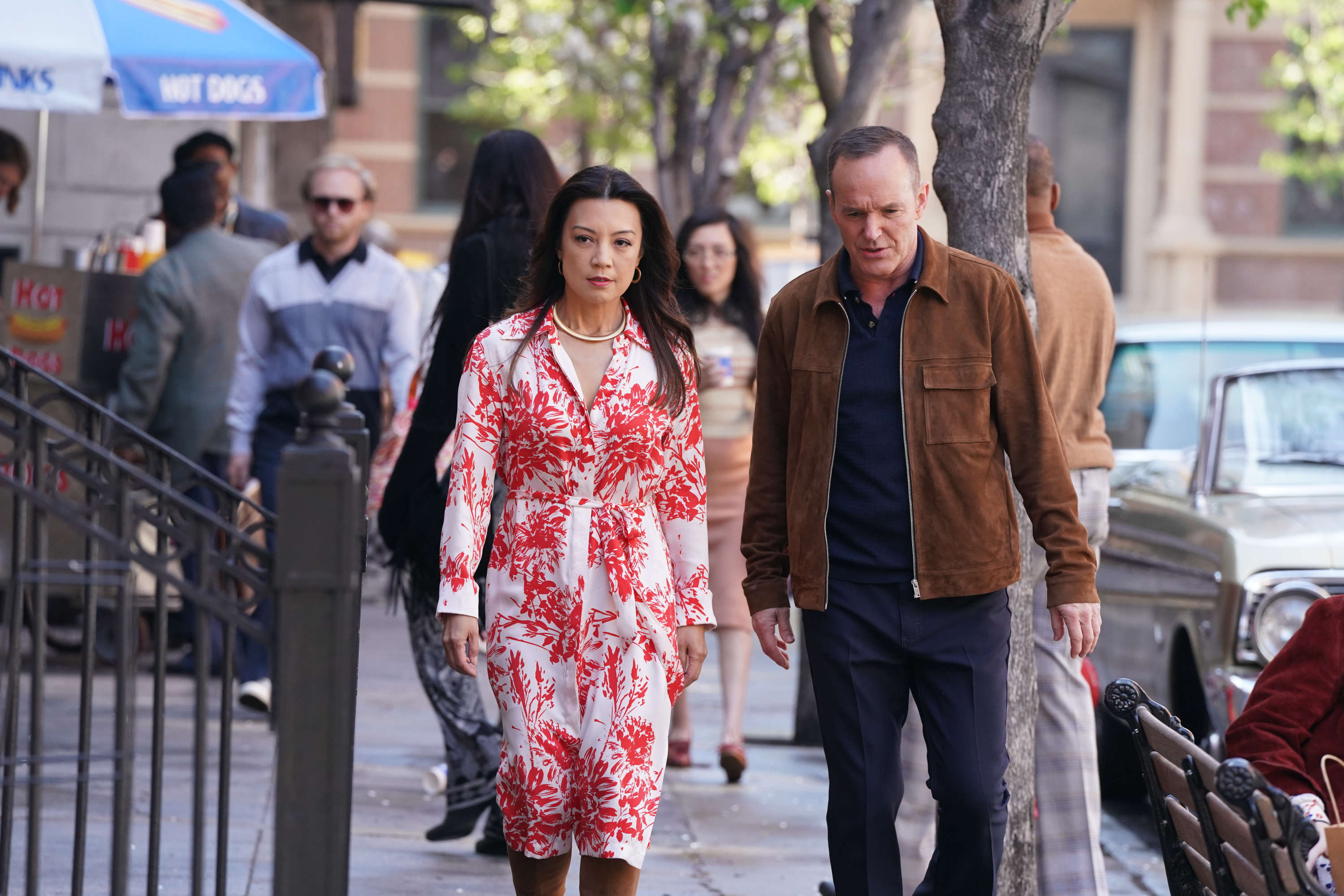Create a free profile to get unlimited access to exclusive videos, sweepstakes, and more!
Marvel's Agents of S.H.I.E.L.D. talks super-science with actual scientists during Comic-Con@Home panel

Marvel's Agents of S.H.I.E.L.D. is on its way out after seven seasons kicking all sorts of otherworldly ass on ABC. Since going all over time in its final season, the series needs to save the world one last time before riding off into the sunset...and it'll even take teaming up with Hydra to do so.
Sitting down at its final SDCC panel, this time at Comic-Con@Home, showrunner Jeffrey Bell was joined by actors (Elizabeth Henstridge, Joel Stoffer), writers (James Oliver, Sharla Oliver, Craig Titley), and scientists (Dr. Virginia De Sa, Dr. Anila Kanchan Madiraju, Melissa Miller, Dr. Troy Sandberg) to not only dicuss the beloved Marvel show, but to talk about its use of science - and if it got any right.
You can watch the full panel below:
Bell explains that they knew from the beginning that Agents was going to be a science-centric show: "With so many of our characters being scientists - and when we first started, we didn't have any giant Marvel intellectual properties where we could wave like, 'Here's Iron Man!' - so instead it was 'Here's some really cool tech or here's some really neat idea' and then explore that." Henstridge - who was close to being in the sciences as well, having been about to enter medical school at one point - explained that rather than doing fight scenes, her "stunts were the scientific jargon" the writers made her say.
Then the scientists began debunking. "I always tell people that most scientists are really specialized," said Miller. "So on a lot of shows it doesn't seem realistic necessarily that one person or one small team could do everything." Sandberg disagreed a bit, saying that "scientists nowadays probably have a much better grasp of fields they're not actively working in than ever in the past because of the internet."
"I definitely have no problem with biochemists being portrayed as awesome people who can live on alien planets, survive, and then save the world," joked Madiraju.
Speaking of the Inhumans, Sandberg said mutants are already here: "There are humans on the Earth right now that've had their DNA manipulated in a targeted way." As genetic engineering becomes more advanced and scientists learn to "program in the software language that is DNA," the reality of superpowers is beginning to be limited only by the laws of physics, he explained. Madiraju pointed out that an decreased likelihood to develop something like diabetes - something due to a genetic mutation - is "kind of an innate superpower that exists in the population."
As far as the show's robotics? "In the show, when Aida realizes that there's this conflict between these two," De Sa said, "Realizing there's a conflict - that's actually doable in some AIs. You can put rules in and they can say, 'OK, are these consistent?' But then actually coming up with a solution around that? That's way beyond what any of the artificial systems currently can do." And, unfortunately, none of the scientists could definitively say if fans were living in a simulation. Sorry, conspiracy theorists.
The ABC show's sci-fi was cited as a source that not only excites a new generation of potential scientists, but a way to make science and scientists seem more positive to a viewing public. Marvel's Agents of S.H.I.E.L.D.'s next episode, "Brand New Day" airs on Aug. 5.
Click here for SYFY WIRE's full coverage of Comic-Con@Home 2020.


























